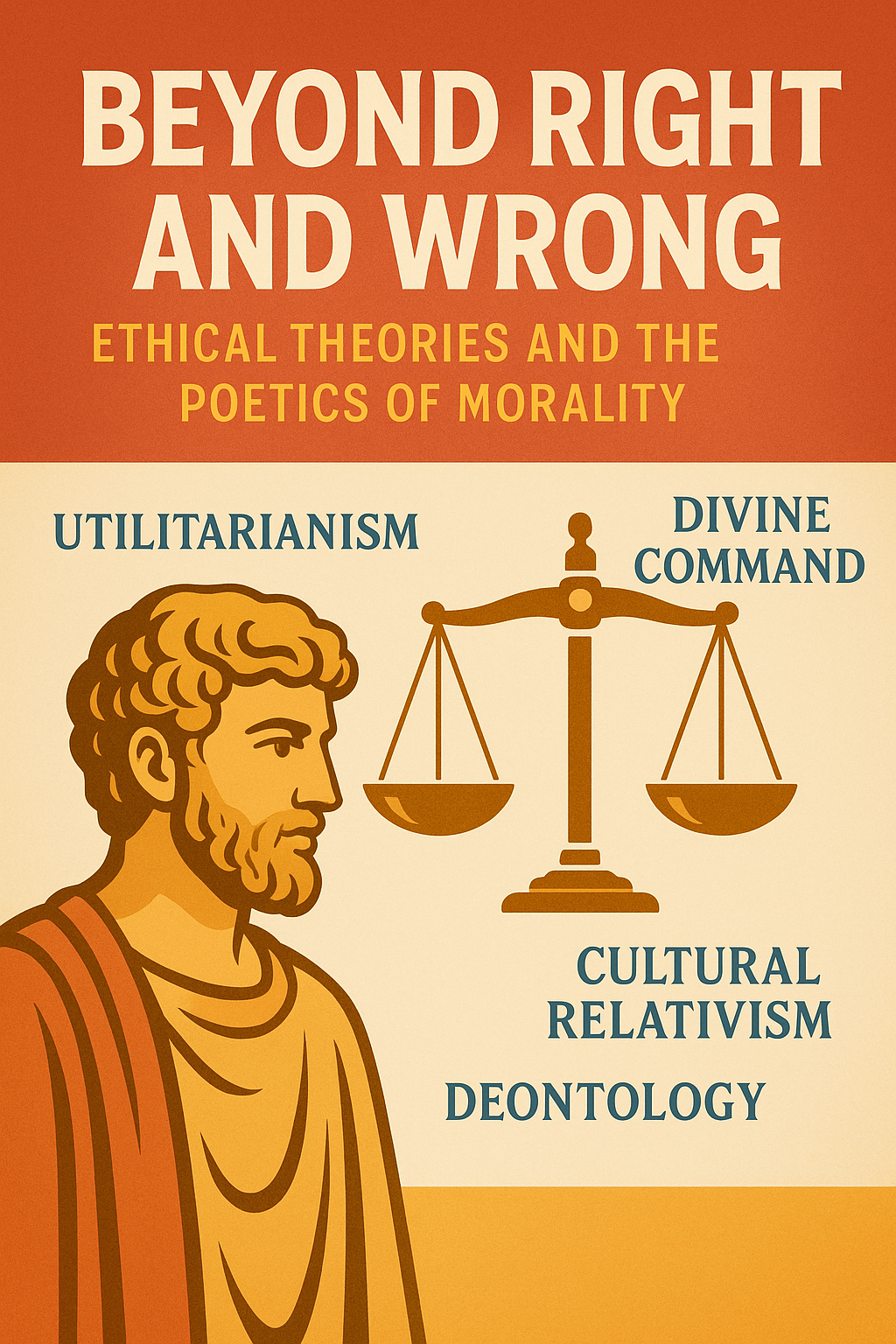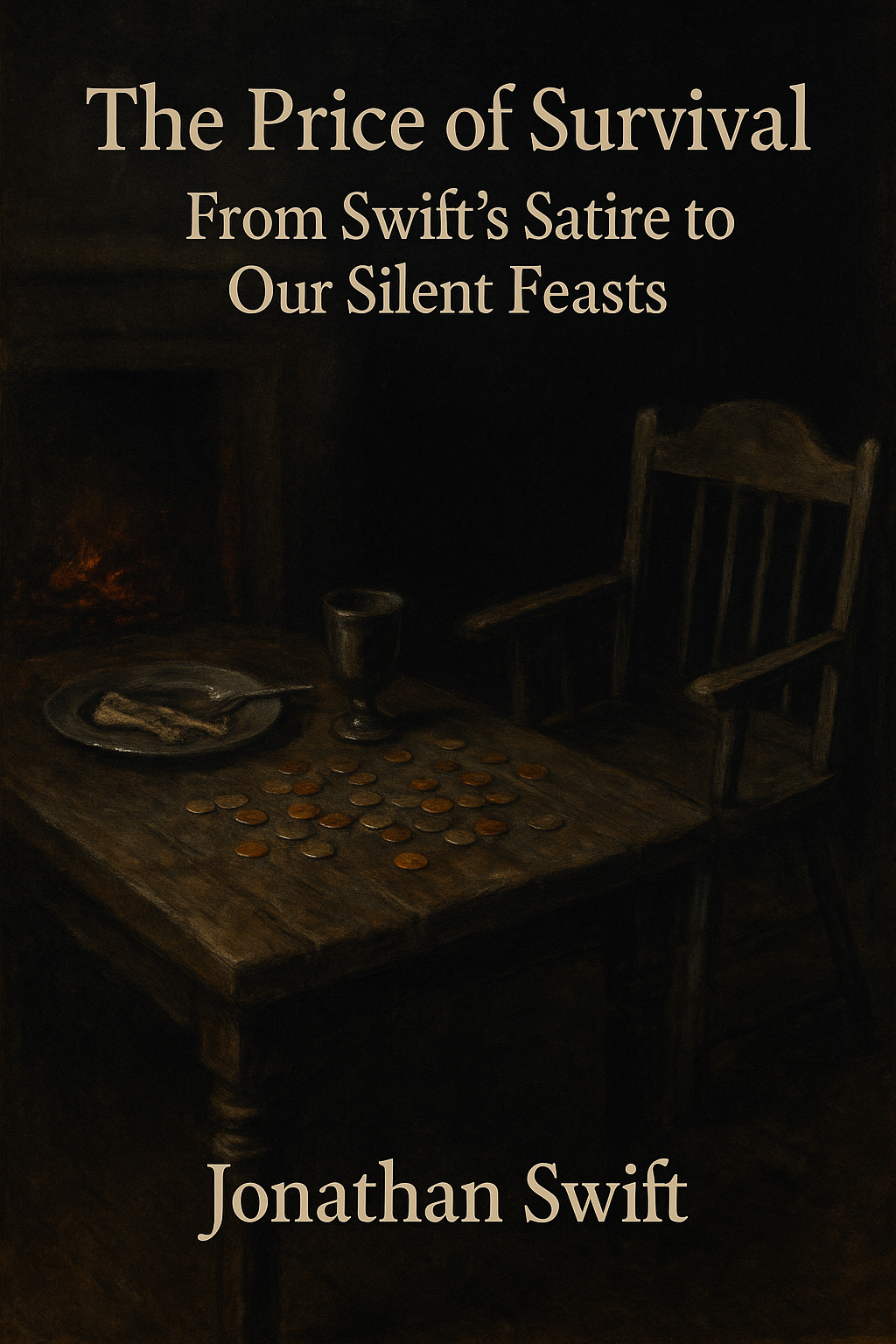Your cart is currently empty!
Faith After the Storm

Finding Light in the Darkness of Loss
Grief can hollow a person out. It seeps into the quietest corners of life, flooding each moment with sorrow—especially when the grief is for a child, a life full of promise that never had the chance to unfold. In the silence left behind by stillbirth and infant loss, shadows often feel endless. And yet, sometimes, someone shines a light—not to erase the pain, but to walk beside it.
I found one of those lights in an unexpected place: a Facebook post written by a grieving parent.
A Post That Offered Strength
Within the group Stillborn and Infant Loss Awareness, parents gather to share their heartbreak and their fragile steps toward healing. It was here, in June 2022, that a message from a member reached reached me.
Her words were unpolished, but their power was undeniable. They carried raw truth and quiet grace. She wrote about her baby boy—about the devastation of losing him, and about the choice she made to continue living, not in denial of her grief, but in honor of his brief and meaningful life.
“You would have thought my son passing away would have made me depressed, suicidal, giving up on life etc… but it did the opposite! … I prayed in my head while my baby was passing. I said, ‘God, give me the strength so I can be strong like my baby so I can make him proud…’”
— Stillborn and Infant Loss Awareness Group, Facebook, June 2022
Reading those words, I was struck by the depth of her faith and courage. In her pain, she still offered hope—a reminder that love remains even when loss feels overwhelming.
The Purpose Behind Her Words
The more I reflected on her message, the more I realized its quiet strength. This was not a post written for attention or applause. It was an act of survival. By opening her heart, She also extended her hand to others who might feel too broken to go on.
Her words reminded me, and many others, that grief does not silence love. It transforms it. Honoring our children does not mean leaving them behind—it means carrying their memory into every step forward, keeping their light alive in the way we live.
Why Her Voice Resonated
Part of what made her words so unforgettable was their simplicity. No images, no polished design—just honesty. That is what gave them power.
Her post embodied the very qualities that allow words to linger: a sense of shared experience, the courage to speak vulnerably, and the compassion to write for others as much as for herself. In reaching out, she created connection. And in connection, she created strength.
Faith as a Quiet Companion
Faith does not erase grief. But it changes how we carry it. Sometimes faith doesn’t come in grand gestures or polished sermons—it arrives in the late-night honesty of someone brave enough to share their story.
Her words reminded me that resilience often takes root in the smallest, most unguarded acts of courage. And that understanding naturally leads to something greater.
The Gift of Shared Stories
And perhaps that is the lasting gift of stories like hers: they remind us of the power of community—the way one voice can reach across the silence of loss and offer another person the strength to take one more step forward. They remind us that even in grief, we are not alone, and that the human spirit has an extraordinary way of turning sorrow into light.
We do not have to choose between grief and life. We can live with grief—and in doing so, we honor those we will always carry in our hearts.
Works Cited
“You would have thought my son passing away would have made me depressed…” Stillborn and Infant Loss Awareness Group, Facebook, June 2022.
Discover more from Poetic Bipolar Mind
Subscribe to get the latest posts sent to your email.
-

Beyond Right and Wrong
This exploration of ethical theories—spanning subjectivism, utilitarianism, divine command, and beyond—connects philosophy to lived experience. Through history, examples, and reflection, we consider how morality shapes culture, faith, and personal identity. On Poetic Bipolar Mind, ethics becomes more than theory; it becomes a language for art, healing, and human dignity.



Leave a Reply